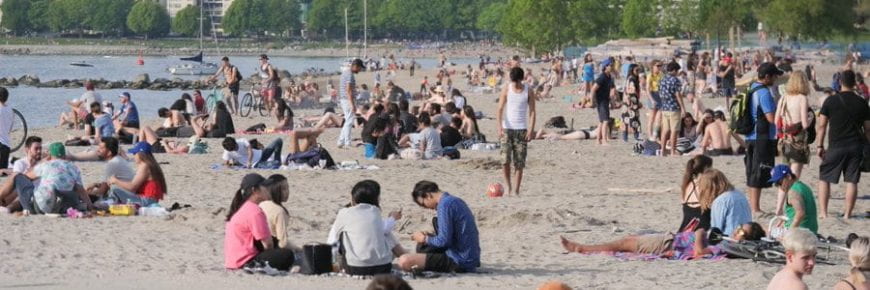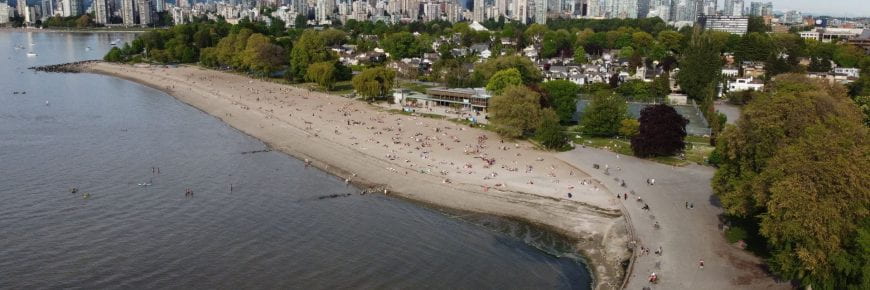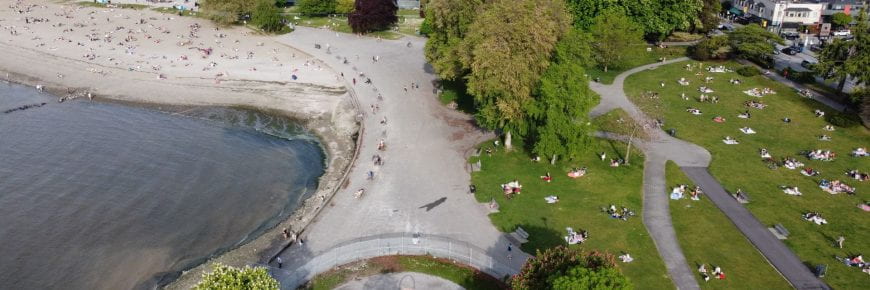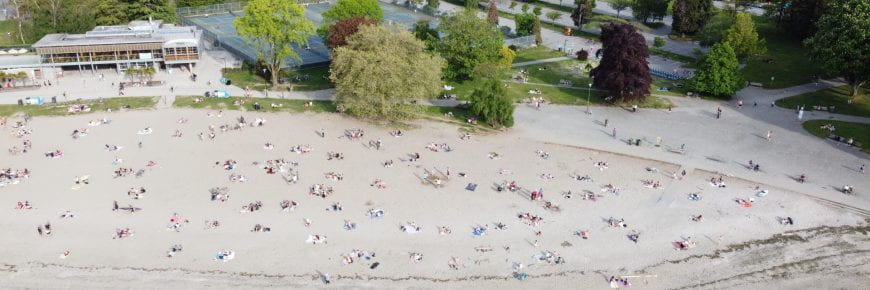Well, it happened this weekend. In this period of heightened stress and anxiousness, I almost fell into the same vitriolic emotions that I’ve been guarding against. Upon hearing that outdoor areas were being opened as long as social distancing was observed, pictures started flooding in from concerned citizens about those that were not taking social distancing seriously. The CBC published stories worried about people ignoring the rules and threatening to close outdoor areas again or start levying fines.
And I felt it… a visceral, emotional response toward those that would willfully ignore the rules set out by Dr. Bonnie Henry and public health guidelines. Anger toward those that would put others in harm’s way so that they could get their outdoor time in at our beaches and parks. The idea that in an instant of gorgeous weekend weather, our efforts to flatten the curve would be erased. I began thinking about how I could express this feeling, communicate the frustration that I had with those people. Tell them how selfish they were being and, for the greater good, must continue to observe the rules to that we can beat this virus without risking anyone else’s health.
Upon witnessing this rant percolating in me and before I could embarrass myself, my kindhearted wife, ever the educator, asked a question that teacher-librarians really shouldn’t be reminding of, “how many pictures have you seen and are they different in any way?”
Humbled, I took pause to go back and look at the pictures that had moments ago raised my ire, like these images of Kits Beach:
The perspective of photos that showed a crowd were always at ground level. It did not take long for responses of others on social media to get heated and out of hand. I am certainly glad I listened to my wife, as this came through Twitter not long after our conversation:
There have been several articles posted this weekend about “crowding” of parks and concern that people aren’t respecting social distancing. One problem with these articles are the photos used to support the text. 1/ https://t.co/6MgueqpViG
— space2place (@space2place) May 11, 2020
The series of photos from the Twitter thread by Space2Place gave further examples of how perspective of crowding changes when seen from above.
Which prompted me to do a bit of further research into forced perspective and the issues of lens compression. As interesting as that was, this CTV article was more directly to the point. That same photo of Kits Beach, the one that made it appear so crowded, had an entirely different view from the air.

From CTV News: https://bc.ctvnews.ca/just-how-crowded-are-the-beaches-pictures-highlight-how-perspectives-can-mislead-1.4935162
Needless to say, my initial anger subsided and was replaced by embarrassment. I fell victim by the same hooks that are used to get people to react, either to click, comment or otherwise engage with information seeking to prey on an emotional response, without taking pause and examining the situation from a wider perspective (yes, punny, I know).
That is not to say that there were no infractions of social distancing this past weekend, I’m sure there were, just as I’m now sure that it may not have been to the extent that I initially assumed. This exercise served as a good reminder to take effort and evaluate situations and information before reacting. As many times as I’ve given this advice to people in the past, I certainly benefited from it yesterday.






